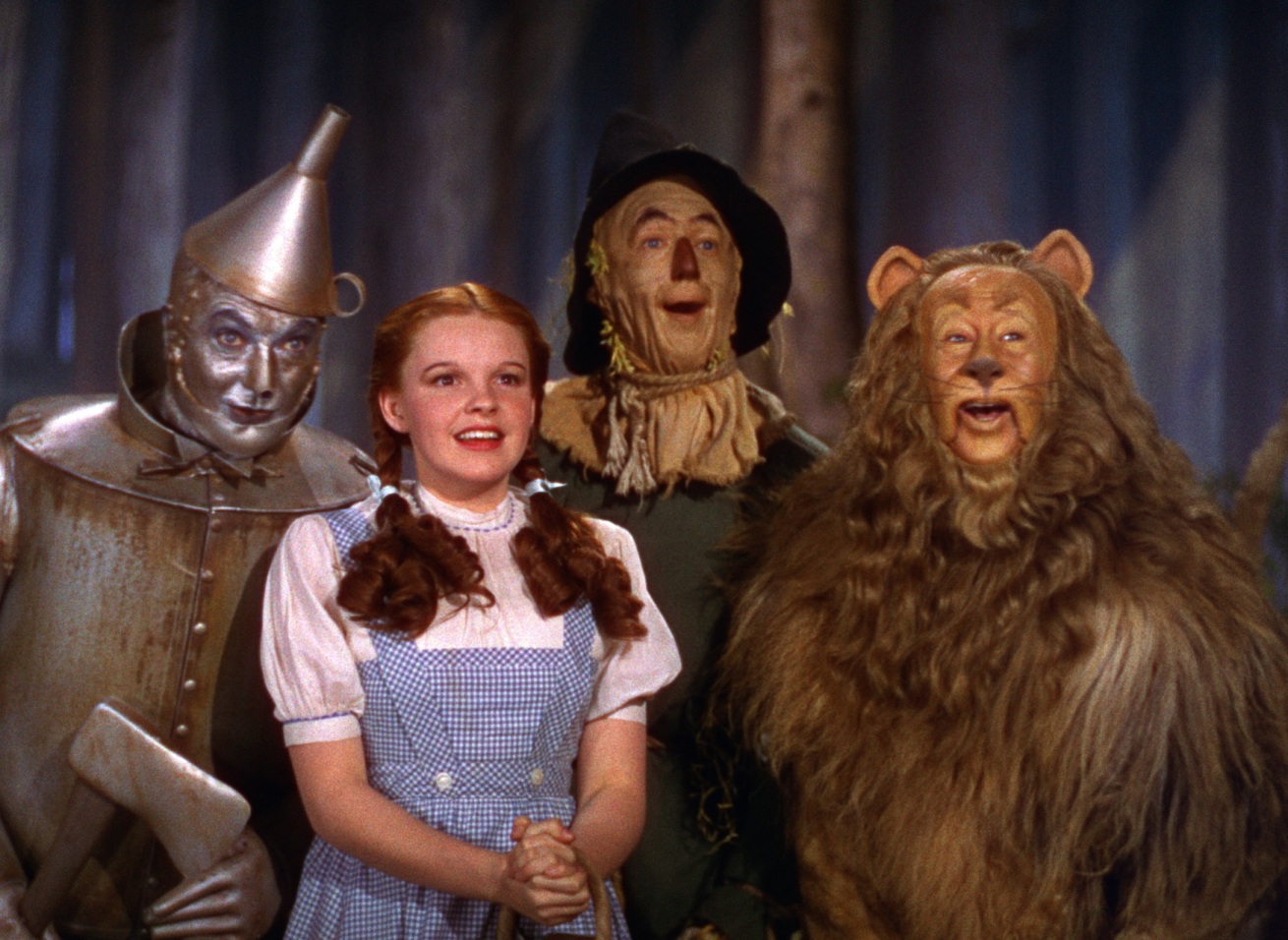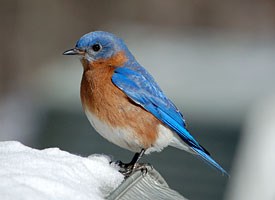This week, I was discussing the topic of deepening learning
(a “being” coaching skill) and forwarding action (a “doing” coaching skill) with
my eight other pod-mates in the Coaches Training Institute certification
program led by Melanie Keveles. When
coaches work with clients on deepening learning, they will often employ skills
like using powerful questions, including asking them to spend some time in an
inquiry around a particular topic. On
the other hand, when coaches work with clients on forwarding action, they may
employ techniques such as requesting or challenging clients to do certain things
to help them evoke transformation. It
was an interesting exploration because while there are no absolutes here, eight
of my pod-mates tend to favor deepening learning with their clients, while I
tend to favor forwarding the action.
Which leads me to Albert Einstein and physics.
Albert Einstein is reported to have said that in physics, “nothing
happens until something moves”. As an
experimentalist (in science, as well as in life) I will admit that I am quite
fond of this expression. My own life application
of this idiom is: “when in doubt, do something”. Note carefully: when in doubt [pause]….do
something.
First, let me say that when there is doubt (or confusion) a
perfectly fine choice is to wait to see what happens, and then take (or do not
take) appropriate action. Another choice
is to analyze what might happen, and then take (or do not take) appropriate
action. While analysis can be helpful,
it is a form of doing, and it can lead to what is often referred to as “the paralysis
of analysis”, which is an infinite “do-loop”.
Let me also acknowledge here that I recognize that we are human beings
(and not human doings).
So, why do I tend to favor forwarding action over
deepen learning? First, I have
found that I learn more when I take action and see what happens. In physics, we refer to this as “action and
reaction”. In Buddhism, it is called “Karma”. Also,
I recognize that as human beings we come to “exist”, or stand out, by an act of creation.
In the end, I believe that we can achieve balance between
the seeming paradox of being and doing.
It’s kind of like riding a see-saw, which rotates hither and tither on
its fulcrum. Perhaps, our role as coaches
is to be on the other end of the board with the client, and help them experience
the joy of swinging between the two extremes.
I extend my gratitude to SJ Evans who inspired this post with
a powerful inquiry.
What is your inclination?
 In the 2003 film Elf, Will Ferrel exclaims that for elves there are four main food groups: Candy, Candy Canes, Candy Corn, and Syrup. The saying is a comical reference to the USDA's recommended "Basic Four": 1) Vegetables/Fruits, 2) Milk, 3) Meat, 4) Cereals/Breads. As the holidays approach, my children are fond of quoting this expression, since they would prefer to avoid the USDA's Four in favor of Elf's Four. Who wouldn't?
In the 2003 film Elf, Will Ferrel exclaims that for elves there are four main food groups: Candy, Candy Canes, Candy Corn, and Syrup. The saying is a comical reference to the USDA's recommended "Basic Four": 1) Vegetables/Fruits, 2) Milk, 3) Meat, 4) Cereals/Breads. As the holidays approach, my children are fond of quoting this expression, since they would prefer to avoid the USDA's Four in favor of Elf's Four. Who wouldn't? In the 1975 horror/suspense
film
In the 1975 horror/suspense
film 




